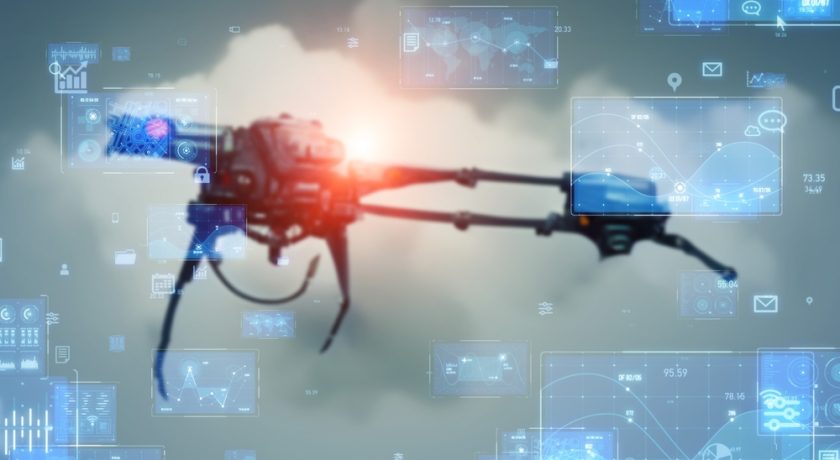By Richard Ryan
The European Union’s provisional agreement on the Artificial Intelligence (AI) Act is a landmark development, particularly in the context of drone technology, where AI plays a crucial role. As a lawyer, it’s vital to understand how this Act impacts the use of drones, focusing on safety and privacy concerns.
General-Purpose AI (GPAI) and Drones: The Act’s provisions for GPAI, which include drones, mandate strict transparency and documentation. This ensures that drone technologies are developed and used responsibly, adhering to EU copyright laws.
Biometric Identification and Drones: The AI Act limits the use of biometric identification systems by law enforcement. This could affect drones equipped with facial recognition technology, requiring judicial authorisation for specific law enforcement applications.
Bans on Certain AI Applications: The Act prohibits specific AI applications like untargeted scraping of facial images and emotion recognition. Drone technologies utilizing these features for surveillance purposes in public spaces, workplaces, or educational institutions will be subject to these bans.
Fines for Non-Compliance: The significant fines for non-compliance (up to 35 million euros or 7% of global turnover) underscore the importance of adhering to these regulations in the development and deployment of drone technologies.
High-Risk AI Systems: Drones classified as high-risk AI systems will be subject to fundamental rights impact assessments. This is particularly pertinent for drones used in sensitive sectors like insurance, defence, security, and policing where privacy and data security are paramount.
Consumer Rights and Complaints: The right for consumers to launch complaints extends to drone technologies. This provides a mechanism for addressing privacy and safety concerns related to drone usage.
Innovation and Regulatory Sandboxes: The Act encourages innovation, including in drone technology, through regulatory sandboxes. This allows for real-world testing of drone applications while ensuring compliance with the Act’s provisions.
Awaiting Formal Adoption: As the AI Act awaits formal adoption, stakeholders in the drone industry should prepare for compliance, focusing on the safety, privacy, and ethical implications of drone technology under the new regulatory framework.
This Act represents a significant step in ensuring the responsible development and use of AI in drones balancing innovation with fundamental rights and safety.
Richard Ryan is a drone lawyer with UK law firm Blakistons, an experienced General Counsel (Direct Access Barrister), veteran and UAS/UAV/drone pilot.
For more information and sources
https://www.linkedin.com/feed/update/urn:li:activity:7140283724918579200/
(Image: Shutterstock)




